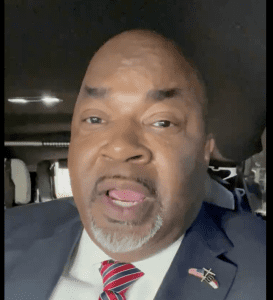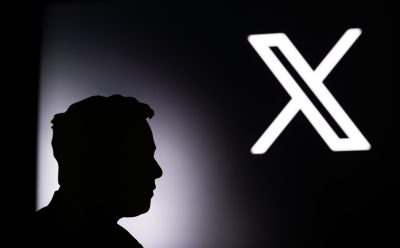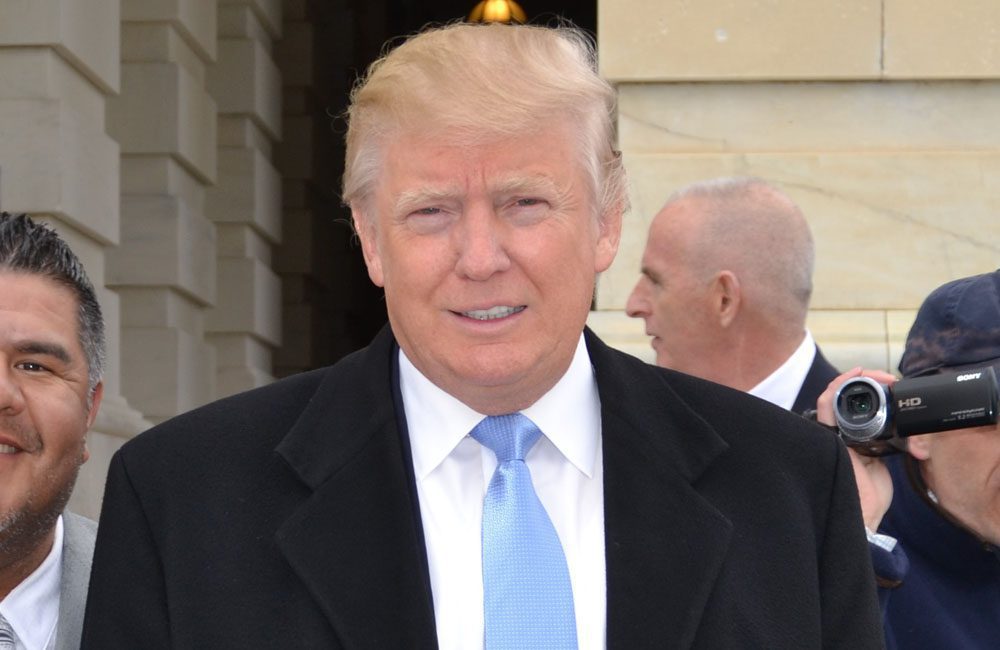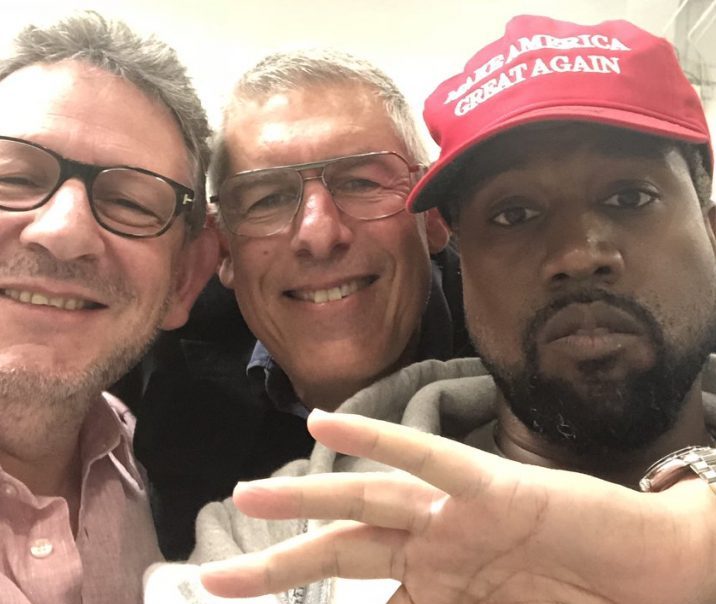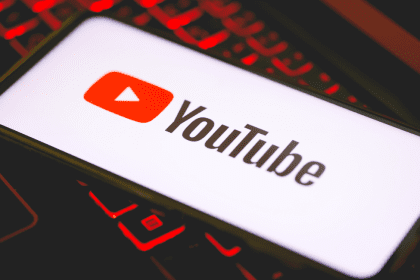 A huge and vicious battle is brewing over every U.S. citizen’s freedom of expression on the Internet, and given what’s at stake here, in many ways, the fight over the Stop Online Piracy Act (SOPA) is as monumental as the #Occupy Wall Street movement.
A huge and vicious battle is brewing over every U.S. citizen’s freedom of expression on the Internet, and given what’s at stake here, in many ways, the fight over the Stop Online Piracy Act (SOPA) is as monumental as the #Occupy Wall Street movement.
Though SOPA’s language is extremely broad, it basically requires a website to be legally responsible for monitoring the legality of all content hosted under its American-owned domain.
Current laws assume a site’s innocence when it comes to copyright infringement–if a site unknowingly hosts a song, photo, book excerpt or other copyrighted intellectual property, it won’t be legally sanctioned as long as it takes the copyrighted material down as soon as it learns of the transgression.
Under SOPA, guilt would be assumed, and a website owner would have 5 days to contest the accusation before being shut down.
If you haven’t chosen a side yet, now is the time.
On one side of this war is Representative Lamar Smith, a Republican congressman from Texas who introduced this bill to protect the financial interests of Hollywood movie studios, music publishers, pharmaceutical companies and others who say their intellectual property rights are being savaged. Smith argues:
“Unfortunately, the theft of America’s intellectual property costs the U.S. economy more than $100 billion annually and results in the loss of thousands of American jobs.
Under current law, rogue sites that profit from selling pirated goods are often out of the reach of U.S. law enforcement agencies and operate without consequences. The Stop Online Piracy Act helps stop the flow of revenue to rogue websites and ensures that the profits from American innovations go to American innovators.
Protecting America’s intellectual property will help our economy, create jobs, and discourage illegal websites.”

Under the provisions of SOPA, any website that even provides a link to another site that “engages in, enables or facilitates” copyright infringement could be shut down by the U.S Government.
Illegal acts under this legislation include posting or linking to a YouTube video of your child singing a copyrighted song, or copying and pasting a copyrighted photograph of a celebrity onto your Facebook page. Social networking sites, ISPs and other Internet companies would be required by law to effectively monitor and sanction such infringements, or face seizure by the feds.
SOPA would give the US government the ability to seize websites that are illegally distributing copyrighted material, and would give the feds the authority to:
- Prevent users from accessing seized domains by mandating ISPs block access,
- Prevent Credit Card companies from completing payments to such sites,
- Prevent advertising sites, such as Google Adwords, from operating on such sites,
- Prevent search engines from indexing infringing sites.
On the opposing side of this war are some unlikely comrades. Nine of the biggest Internet companies, including Facebook, Google, Yahoo, Mozilla, LinkedIn, Twitter, Ebay, AOL and Zynga wrote a joint letter to the House of Representatives using strong language to voice their concerns about what SOPA will do to innovation and expression on the Internet.
In the letter, the organizations insist they “support the bills’ stated goals–providing additional enforcement tools to combat foreign ‘rogue’ websites that are dedicated to copyright infringement or counterfeiting…”
But, they warn:
“[SOPA] as drafted would expose law-abiding U.S. Internet and technology companies to new uncertain liabilities, private rights of action, and technology mandates that would require monitoring of web sites. We are concerned that these measures pose a serious risk to our industry’s continued track record of innovation and job-creation, as well as to our Nation’s cybersecurity. We cannot support these bills as written and ask that you consider more targeted ways to combat foreign “rogue” websites dedicated to copyright infringement and trademark counterfeiting, while preserving the innovation and dynamism that has made the Internet such an important driver of economic growth and job creation.
Mozilla has compared the powers SOPA seeks to give the U.S. government to censorship methods used in China, Iran, and Syria. It warns:
“The fact is that this legislation as written won’t stop piracy. But it would pose a serious threat to social media and user generated content sites (like YouTube) across the internet. It could also undermine some of the core technical systems underlying the internet, creating new cybersecurity risks.
“As a non-profit committed to keeping the web open and accessible to all, Mozilla wants to ensure that this legislation does not jeopardize the foundational structure of the Internet.”
SOPA currently sits in the House Subcommittee on Intellectual Property, Competition, and the Internet. It has yet to be introduced to the floor for a vote.
If you have decided your position, and you feel strongly enough about it to lobby your Representative, by all means, now is the time to do so. You can do this quite painlessly online at www.contactingthecongress.org. —kathleen cross

